
Why people remain in situations of domestic abuse can be difficult for outsiders to understand. That is because there are unseen, powerful forces that keep victims in dangerous, toxic relationships. Abusers are manipulative and controlling, experts at exploiting their partners’ insecurities to entrap them in an unhealthy relationship. Writer-director Joseph Catté’s short, Ad Lib, illustrates the complexity of one couple’s dangerous cycle of abuse and its effects on others.

Leaving a karaoke party, Julie (Pauline Helly) is upset with her boyfriend Max (Thomas Alden), feeling jealous. Like the karaoke songs they sang earlier, their dialogue continues to appear on the screen as scrolling lyrics. To relieve Julie’s feelings of jealousy, Max bursts, Hollywood musical style, into a romantic song and dance, professing his love for her. At first Julie is still angry, but she softens and joins in the dance. In the end, as he promises to follow her anywhere, she pushes away from his too tight embrace. At the apartment, he provokes her into an argument that erupts into a physical attack. Julie’s roommate (Nouritza Emmanuelian) attempts to call the police. Max prevents her by grabbing her words as they appear on the screen and forcing them back into her mouth.
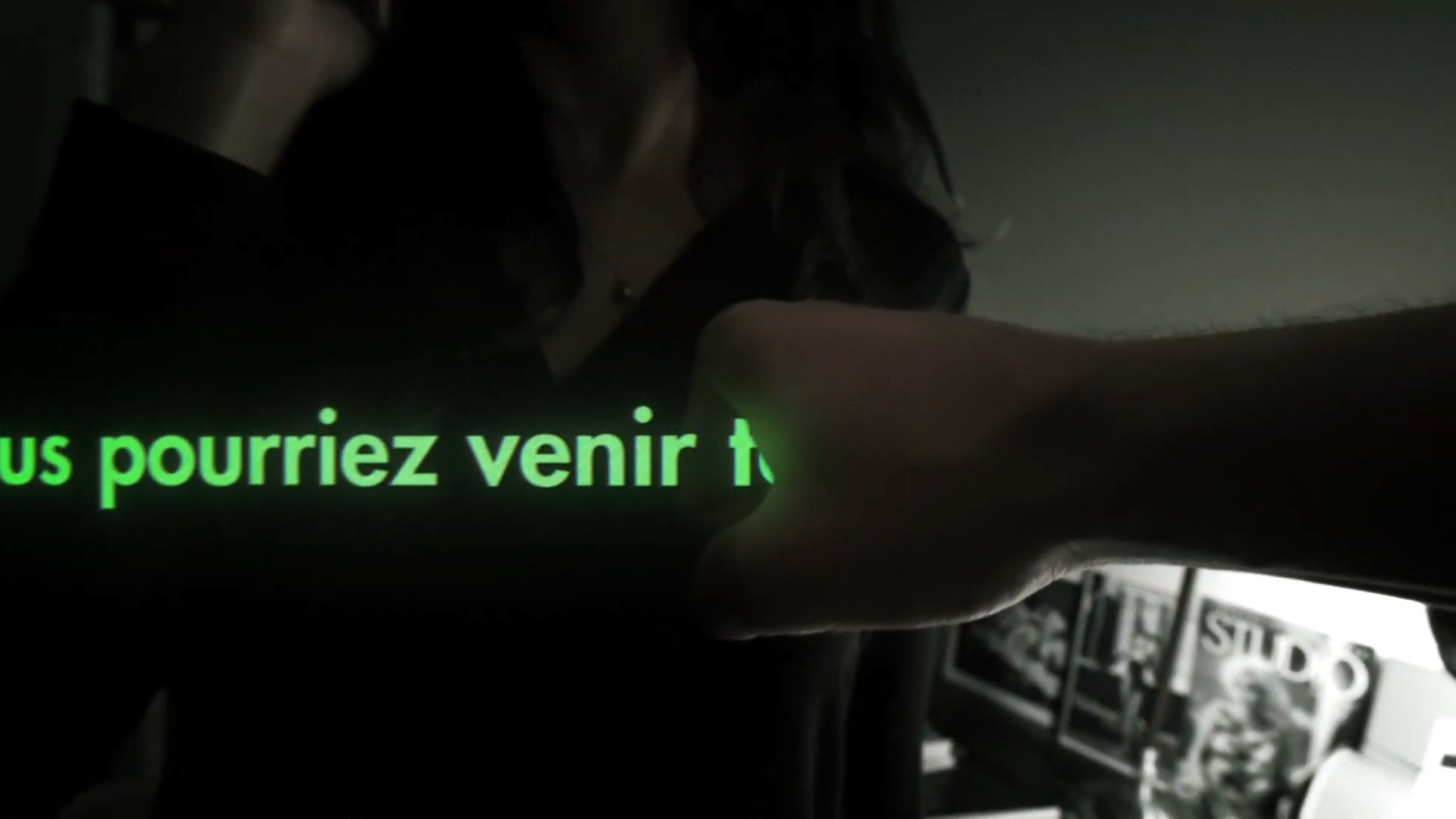
With the roommate rendered speechless, Max “uses her voice” to trick Julie into unlocking the bathroom where she is hiding. Grabbing her, he says she is lucky he loves her. The roommate knocks him unconscious with an iron candlestick. Concerned, Julie falls to her knees and tries to revive him. The short film ends with Julie’s face breaking into joy as he regains consciousness.
Catté, explaining how music and karaoke influenced his film’s style says “I had wanted to tackle domestic violence for a while but I lacked an original angle, a way to add a touch of fantastic” (Ad Lib Press Kit). The idea of using karaoke style scrolling lyrics instead of regular subtitles came to him while watching a couple argue in a karaoke bar. He imagined their words becoming text that appeared physically in their world, that his characters could interact with.
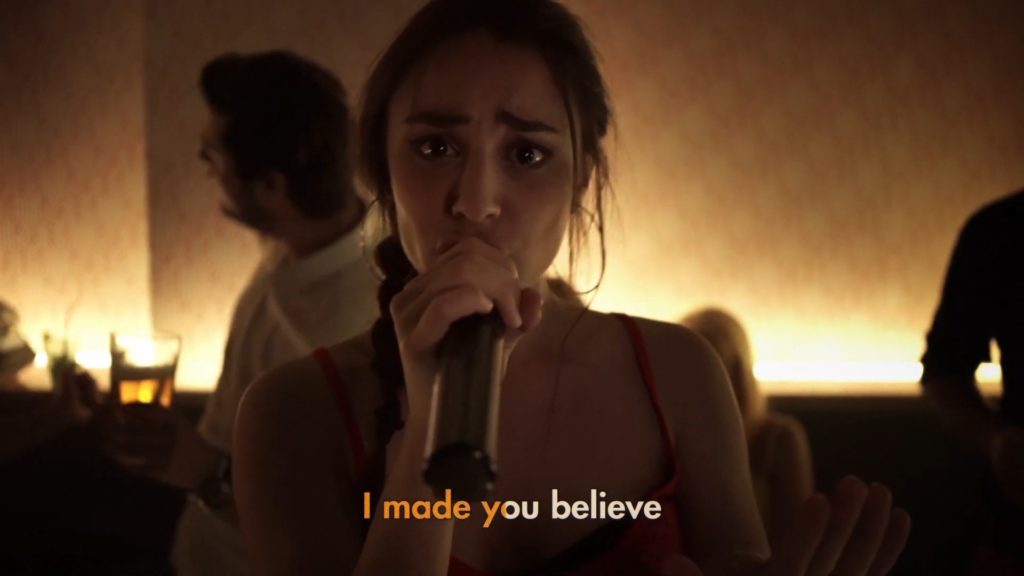
Ad Lib, the short’s title, is a musical term referring to a repeated part of a composition, much like the cyclical nature of Max and Julie’s relationship and the many phases they go through during the evening. In the tense scenes leading up to Max’s attack, there is tenderness and jealousy, then gaslighting and provocation before Max erupts in anger and Julie locks herself in the bathroom for safety. The film ends with Julie smiling, perhaps expecting the reconciliation and calm phases that usually follow. Catté points out that while Max and Julie are fictitious characters, there are many couples who too often find themselves embroiled in similar situations where the abused are susceptible to their partner’s manipulations and forgive them multiple times.
The most surprising aspect of the movie is not the number of elements covered in the film’s short time frame, but how well incorporated into the story they are. Catté blends them into the narrative without calling attention directly to them, letting the facets of his story reveal themselves organically. The fantastic, magical realism fits perfectly into the universe of Max and Julie. Catté shows himself to be a master of storytelling and technique. The script is taut and lean, free of extemporaneous, distracting details. The camera work brings us into the characters’ lives, showing Julie’s conflict without judgment. There are several well-placed and creative special effect moments, such as when the characters interact with the “lyrics” coming from each other’s mouths, or when Max takes the roommate’s voice to trick Julie into letting him into the bathroom to illustrate the character’s story.
For those who may shy away from shorts because they might lack narrative strength, Ad Lib presents an entire world of experiences in its 10-minute run time, offering a vivid and frightening experience for the audience.
Ad Lib is currently streamed on YouTube
If you feel you are in an abusive relationship (or an abuser who wants to stop), help is available! In America, The National Domestic Violence Hotline is a supportive source for information and resources for breaking the cycle of abuse. International resources can be found on at domesticshelters.org .
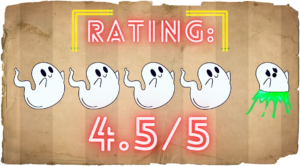
More Film Reviews
Exclusive Interview with Emily Hagins, Sorry About the Demon (2022) Shudder and Paper Street Pictures have teamed up with writer/director Emily Hagins again in Sorry About the Demon (2022), a… Set to screen at the 2021 Fantasia Film Festival, Story of a Southern Islet rests as Malaysia’s only entry into the prestigious festival. Having found myself intently interested on the new… Is there such a thing as a good war? After World War I, the Allies left Germany in a state of defeat and despair. Consequently, one man used the disheartened… Films often feature Halloween as one of the most popular holiday settings. And this time, it gets a unique, Gaelic twist in this supernatural slasher from American writer-director Matt Sampere…. Ceroboh (aka The Screaming Sky) is a 2022 Malaysian sci-fi thriller, directed by Feisal Azizuddin. Mostly known for directing shorts, Feisal made his move into feature-length directing the drama thriller… Baby Assassins: Nice Days is a 2024 Japanese action buddy comedy film, written and directed by Yugo Sakamoto. The film is the third installment of the Baby Assassins series of…Sorry About the Demon (2022) – Film Review and Interview With Emily Hagins
The Story of Southern Islet Film Review – A Curse On You!
Brooklyn 45 (2023) Film Review – War is Hell
Creeping Death (2024) Film Review – Get Trick or Treated to Death this Halloween
Ceroboh (2022) Film Review – The Real Sky Beast is Man
Baby Assassins: Nice Days (2024) Film Review – Children are the Future [Fantastic Fest]
I am a lifelong lover of horror who delights in the uncanny and occasionally writes about it. My writing has appeared at DIS/MEMBER and in Grim magazine. I am also in charge of programming at WIWLN’s Insomniac Theater, the Internet’s oldest horror movie blog written by me. The best time to reach me is before dawn.

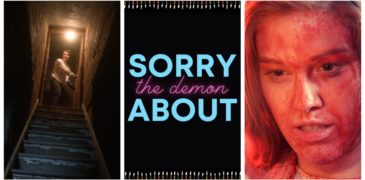

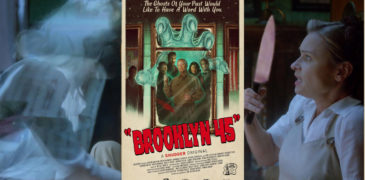

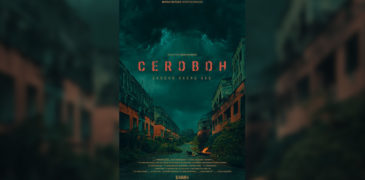
![Baby Assassins: Nice Days (2024) Film Review – Children are the Future [Fantastic Fest]](https://www.grimoireofhorror.com/wp-content/uploads/2024/09/Baby-Assassins-cover-365x180.jpg)